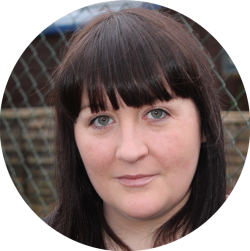What people say
Bridges works directly with health and social care practitioners, and by enhancing their interactions and care we influence the quality of self-management support provided to people with long term conditions.
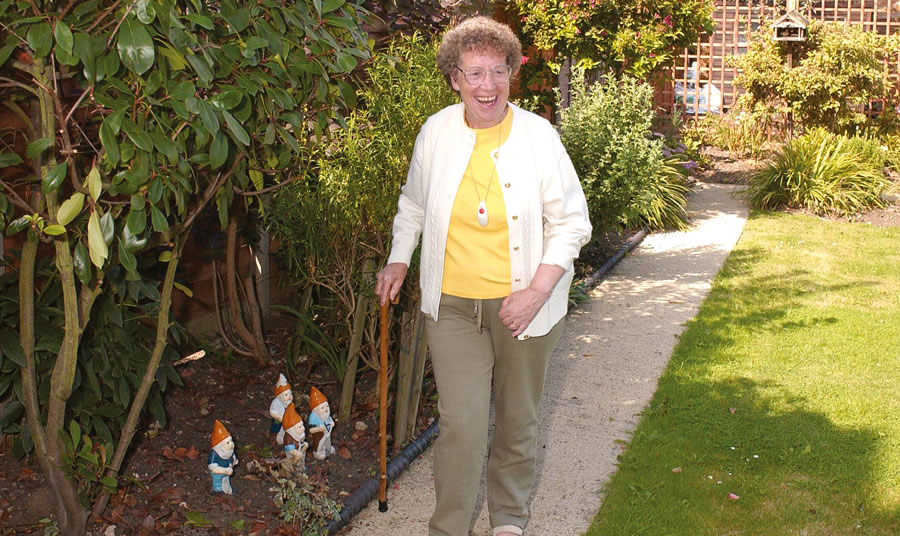
Stroke
People with stroke have used our workbook and principles of self-management since 2008. We have evidence of Bridges being used with people at all stages post stroke, in the early days and weeks to the longer term in the community and in other rehabilitation settings.
Our research has included people with cognitive and communication problems, and those with severe and complex disability following their stroke. Practitioners using the Bridges approach have used creative ways to adapt the principles and techniques, incorporating our key values of building on an individuals resources, and using different ways to share decision making and create knowledge together.
People with stroke have found Bridges to be acceptable and have given feedback in many different ways including in-depth interviews in our research. They continue to define and improve the workbook; the next version of the workbook is in progress and we are keen to gain more views and involvement from anyone with stroke. If you are interested or know someone that might be able to help please contact us.

Bridges research has a led to a change in self-efficacy, functional capability and quality of life in community dwelling stroke patients using the programme (for up to 3 months)
Jones et al 2009; Mckenna et al 2013

People using our workbook and strategies have said
‘If you’re having an ups and downs time and you’ve made all this progress, you say right well ok, you don’t know if it’s a month or a week or a year, so you almost chart it back. So every month I’m doing a bit more.’
‘The walking was where it started, to get to the bike. And obviously you have your intermittent goals and your short term goals to get to this. And I am a very focused person so if I have something like this it tends to make me move.’
‘It improves from a spoken goal cause you go right, otherwise you look at it and I wouldn’t know when I had started that. Sometimes I felt a bit lazy with myself but then I thought right I need to get on with this. Otherwise I’m not going to go any further. I guess it helped me focus on it yeah.’
‘I guess some people might feel they have become ostracised and this lets you know that you’re not on your own.’
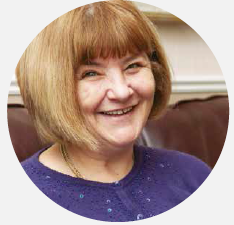
‘And so when I look through it, I can just tick it off and I realise ‘oh I’ve done quite a bit in a short time.’ Which you know, I’m quite happy about.’
Jeanette
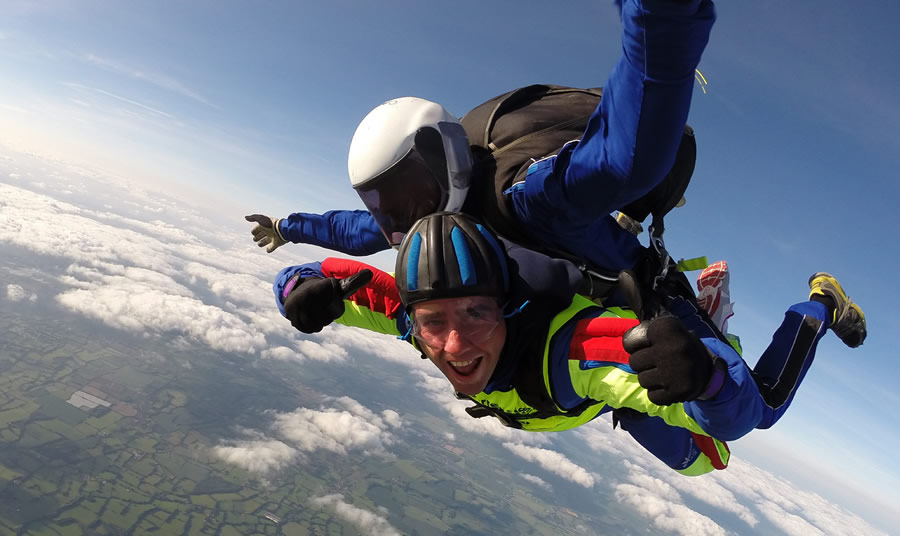
Traumatic brain injury
Our first project to define and deliver self-management support for people with Traumatic Brain Injury (TBI) will be completed in October 2015. This is the first time an individualised self-management programme like Bridges has been used specifically for people with TBI. Because of the unique problems that people with TBI and their families can experience, we have developed a family and friends book to help families use the Bridges approach aid their relative’s self-management.
We have had support from 14 people who have experienced TBI, and several friends and families. The project will report on the impact of the programme on skills, and practice of the staff treating and supporting people with TBI in a neurotrauma pathway, and clinical and economic outcomes of those people using the programme.
We have learned from the skills and experiences of people with TBI every step of the way, one practitioner from South East London sent in some feedback from a person with TBI using the book for the first time.
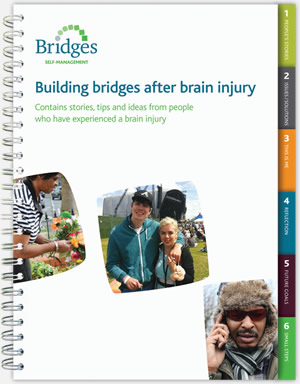
One practitioner from South East London sent in some feedback from a person with TBI using the book for the first time:
"He said, with tears in his eyes, that initially he flicked through the pages to see if there was anyone that he could relate to. When he read the issues/solutions, he was struck by the way that other people had expressed things he had been experiencing – of which he was aware – but that he himself had found it difficult to find the words for or express as of yet. He said “that is me” pointing to pages around 'I can not remember my injury'
He took the book home and left it on his kitchen table so that his family could look through and use it as the start for a discussion. He said he wishes that he had had something like this when he was discharged home, as he felt alone during this time and didn’t know that others would have experienced such similar difficulties, particularly those that cannot be seen physically and that he didn’t anticipate he would have.
He said “This book could also be for someone that is looking for a goal...not everyone knows what they are aiming towards... and this book might help someone find something that they want to look towards and that he has read the stories of the people included in book several times.”

